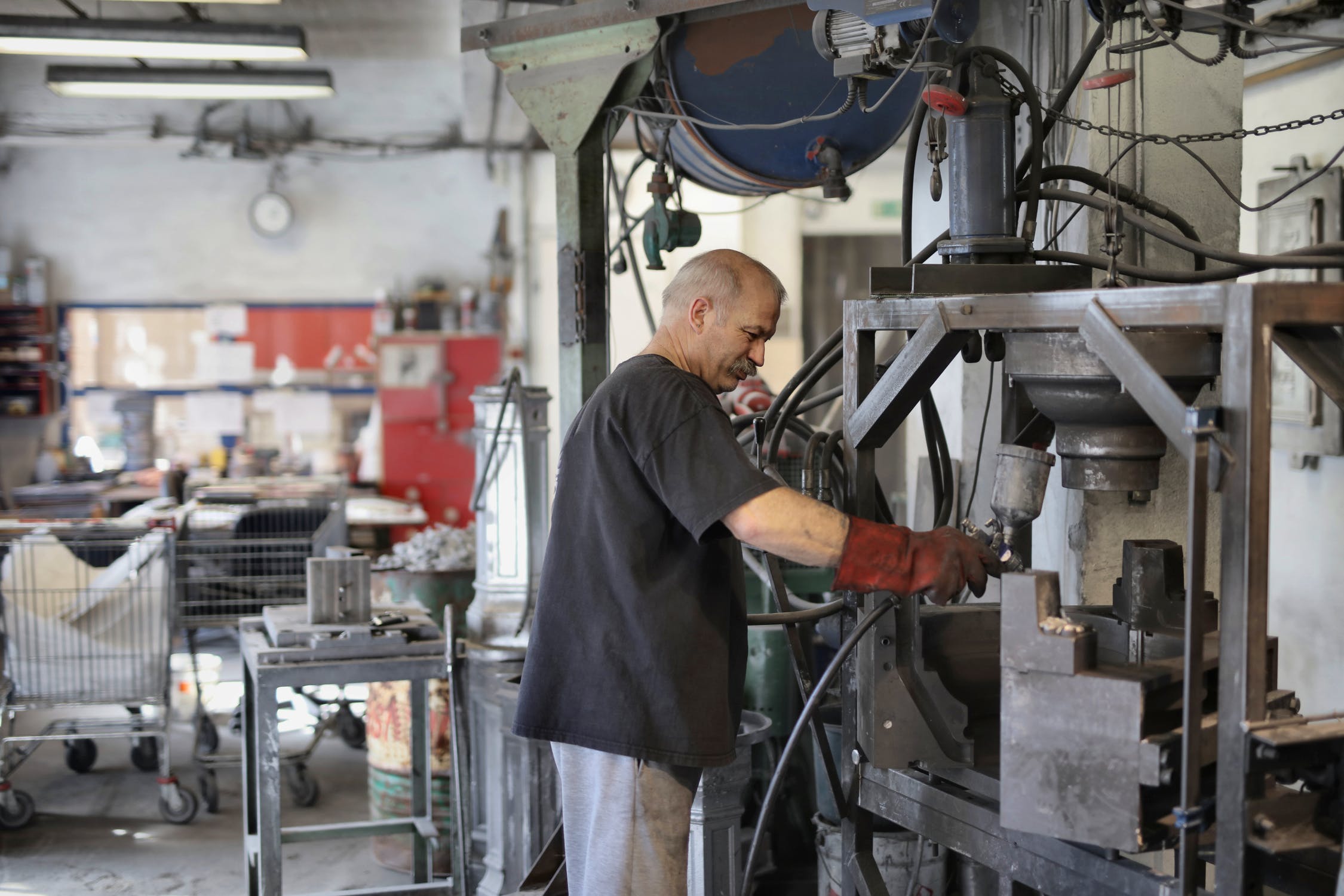Restaurants, bars, hairdressers, beauticians and nail technicians have been in the cross-hairs of the VAT Department in recent weeks, with more than 500 establishments being the subject of on-site inspections that revealed widespread non-compliance with the obligation to issue VAT receipts, according to a report by Times of Malta.
Citing sources, the newspaper reports that more than 250 catering establishments were inspected by VAT Department officials, of which a third were found to be running afoul of the law.
The department next targeted beauty establishments, carrying out around 260 on-site inspections, nearly half of which uncovered violations.
Businesses are obliged, under the Value Added Tax (VAT) Act, to issue a valid VAT receipt to customers. Failure to do so carries a fine of between €700 and €3,500.
Valid receipts must carry the business’s VAT number. Receipts carrying the words “This is not a fiscal receipt” are not valid, nor are handwritten ones issued from any sort of receipt book other than the official VAT Department receipt book.
Businesses issuing non-valid receipts effectively evade tax by not declaring their income and pocketing the difference. The standard VAT rate is 18 per cent, with lower rates for certain classes of items, such as food.
A €20 haircut, for example, would be composed of a €16.95 base price and €3.05 VAT. Not issuing a VAT receipt means that clients are paying an inflated price while public coffers lose out.
Joseph Caruana, who took the reins at the Inland Revenue in February, said the objective of the crackdown is “to get the message across all the economic sectors on the need to be compliant and to collect all the revenue due to the public coffers.”
“These types of exercises that are planned to continue across all economic sectors are intended to bring about more discipline and address compliance.”
He added that the Inland Revenue Department’s compliance and investigation division recently engaged digital forensic experts that can detect fraud and suppressed sales on digital point of sales systems, while the VAT Department’s former head office in Birkirkara is being converted into an investigations centre to lead the fight against tax evasion.
Late last year, the European Commission estimated that Malta is losing out on about a quarter of all the VAT revenue it is due to collect, with the proportion remaining uncollected increasing in recent years. In 2019 alone, this was calculated at €287 million.
Over 280,000 workers begin receiving bonus payment in recognition of hard work
The payment ranges between €60 and €140
India emerges as fastest-growing destination for Maltese residents
New data shows a rise in trips to India, underscoring the growing role of the Indian workforce in Malta’s economy
Alex Borg wants to make Malta a hub for cryptography. What does that mean?
He describes it as the 'invisible infrastructure of trust' in the digital world






